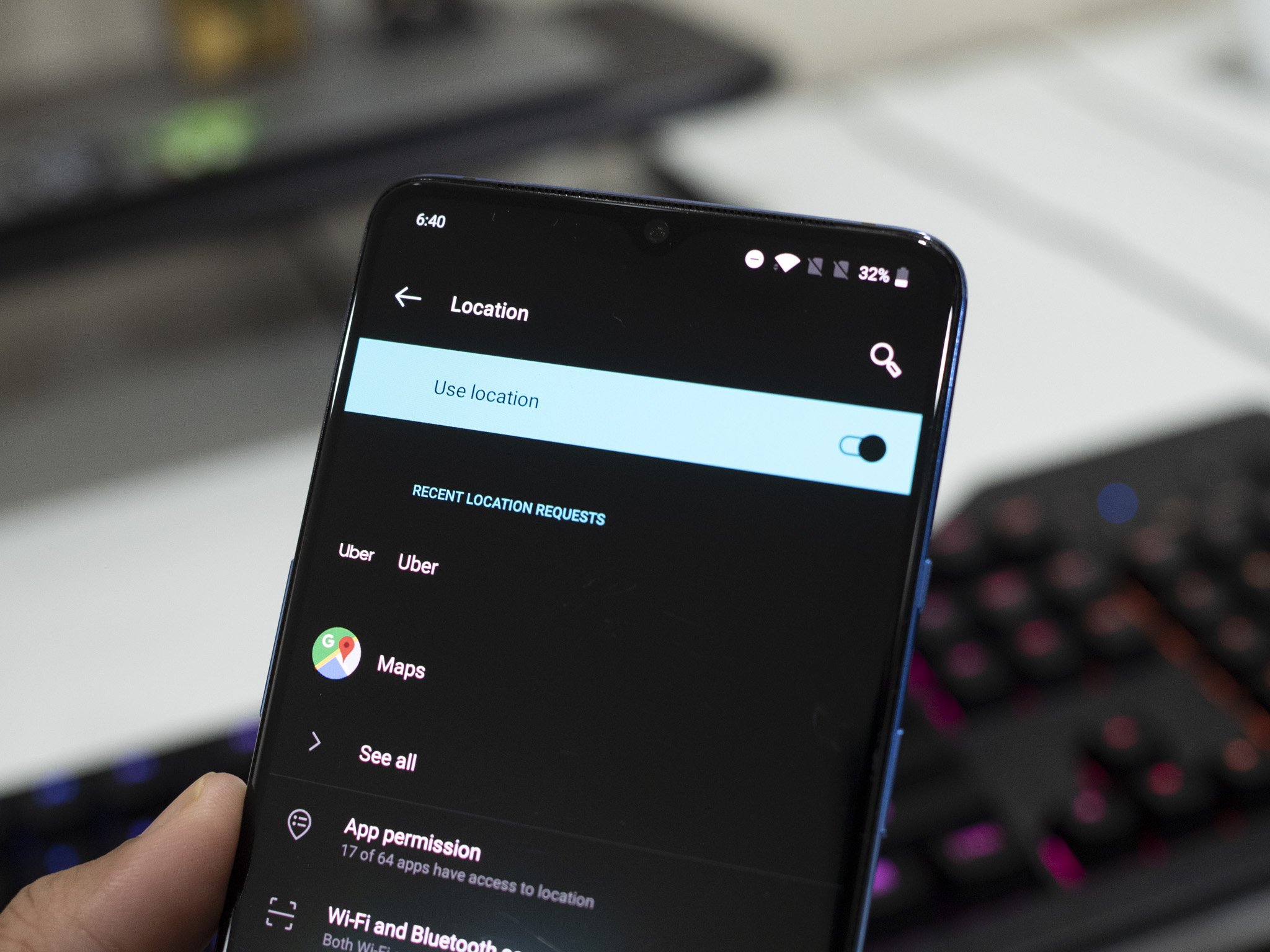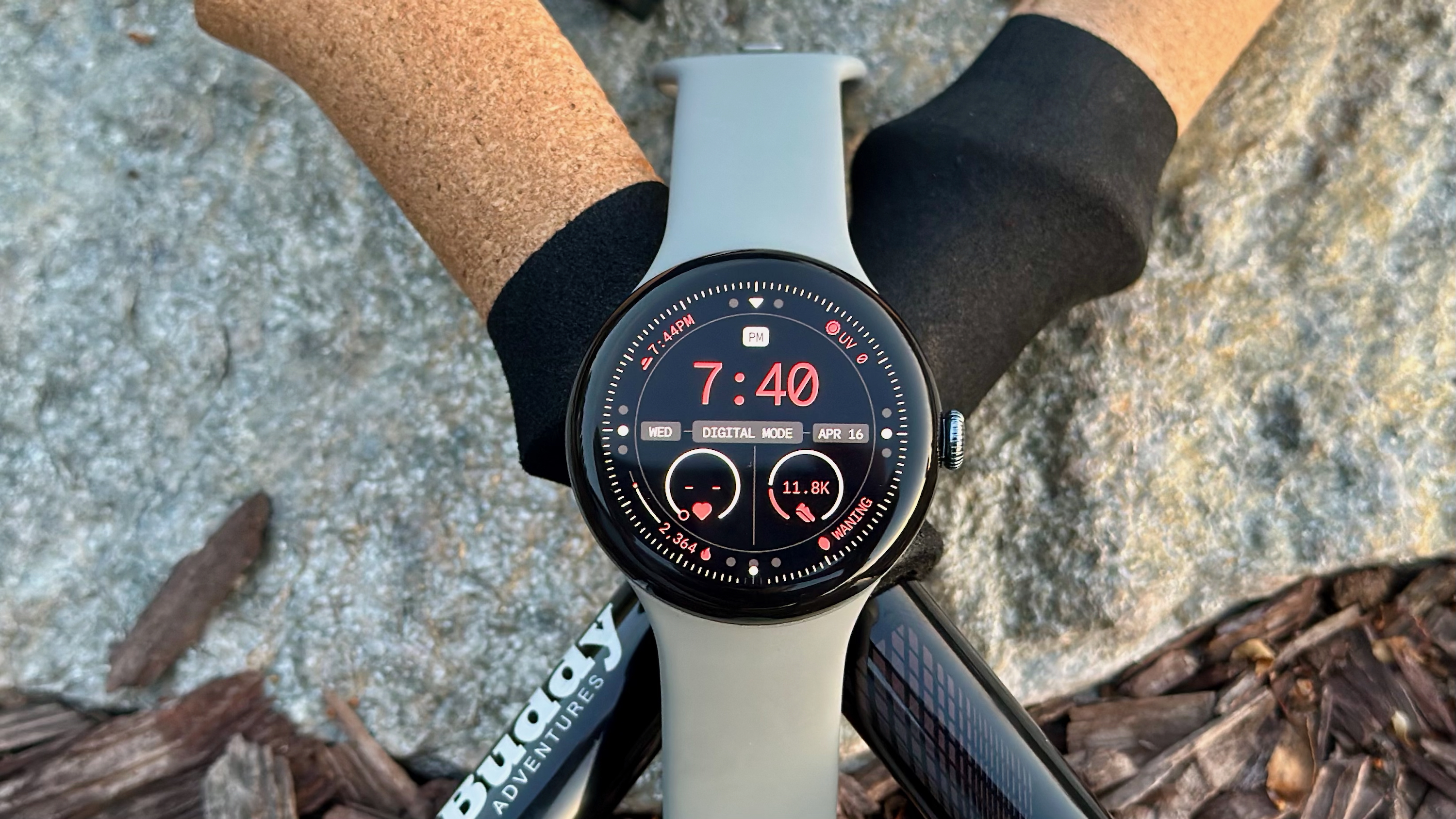This is why location tracking is an absolute privacy nightmare

I write a lot of words about location tracking and how it fits into our lives. Sometimes it can be a useful tool, but most of my words are about how bad it is and why tools that try to manage it are so important. Most times, someone asks me why it matters if an app knows where they are when they are using it.
I get it. For a lot of us, it's nice that we can see what's on clearance at Target if we have the app installed and then use it to find the closest location. Or Dick's Sporting Goods, or PetSmart or whatever store. It also can be nice for an app like Strava to map your rides or for Google Maps to show you where you have been. But like most things, if you give an inch, the app takes a mile.
Location tracking can be a good feature, but most of the time it's not.
Consider this article from the Financial Post. It's about the ways an app — in this case, the Tim Hortons app — can bundle all of your location data into one place to paint a very detailed picture of where, when and how you live your life.
That's not even the worst part. Tim Hortons might make good coffee, but the company isn't exactly known for its technological prowess. For things like in-app location monitoring, it uses outside partners to keep tabs on you. The partners specialize in what they do, in this case keeping close tabs on you, so it's very likely that other companies that realize the need to have a good smartphone app hire them as well.
This creates a scenario where multiple companies have access to detailed location data even if you've never installed their apps. In the Financial Post article, it's explained that Tim Hortons, Popeye's Chicken, and Burger King, which are owned by the same parent company, Restaurant Brands International, use a service branded as Radar Labs to ping the author's phone for its location every two to three minutes. We can't say for sure that Radar Labs is doing the right thing with our location data, but there is a very good chance that other apps from other brands use the service. This means that Radar Labs has even more data.
Remember to uninstall all those food delivery apps once we can leave our homes.
This is extremely relevant right now when most of us are ordering takeout from restaurants or food delivery services while we're stuck at home. If you don't let an app know your location, you can't use it to order food. And even if the app promises that it only uses location tracking while you're in it, the FP story shows that it can be misleading as the author was tracked even while on vacation in Morocco, well outside any area that Tim Hortons serves.
This is a privacy nightmare. There is no reason whatsoever that Tim Hortons — or Pizza Hut, or Facebook, or even Google Maps — needs to know where you are using exact longitude and latitude coordinates along with a time stamp. As we see from FP, this data can be parsed to "know" where you live, where you work, when you go to a baseball game, and even when you spend money with competing services.
Be an expert in 5 minutes
Get the latest news from Android Central, your trusted companion in the world of Android
Google needs to crack down on this, but Google is also a company that also tracks your location and serve ads, so...
This is why it's so important for you to clamp down on location access, and why Android 10's management of how it can be used by apps that you're not actively using is so important. Android 11 is going to make it even better by implementing one-time location permissions.
Bluetooth beacon-based tracking and your carrier's ability to know where you are at all times (and sell that information) is bad enough. Making a choice to let Tim Hortons or Popeye's Chicken follow you around all day and take detailed notes is just too much. When you see that notification asking for permission, think long and hard — and maybe delete the app.

Jerry is an amateur woodworker and struggling shade tree mechanic. There's nothing he can't take apart, but many things he can't reassemble. You'll find him writing and speaking his loud opinion on Android Central and occasionally on Threads.
